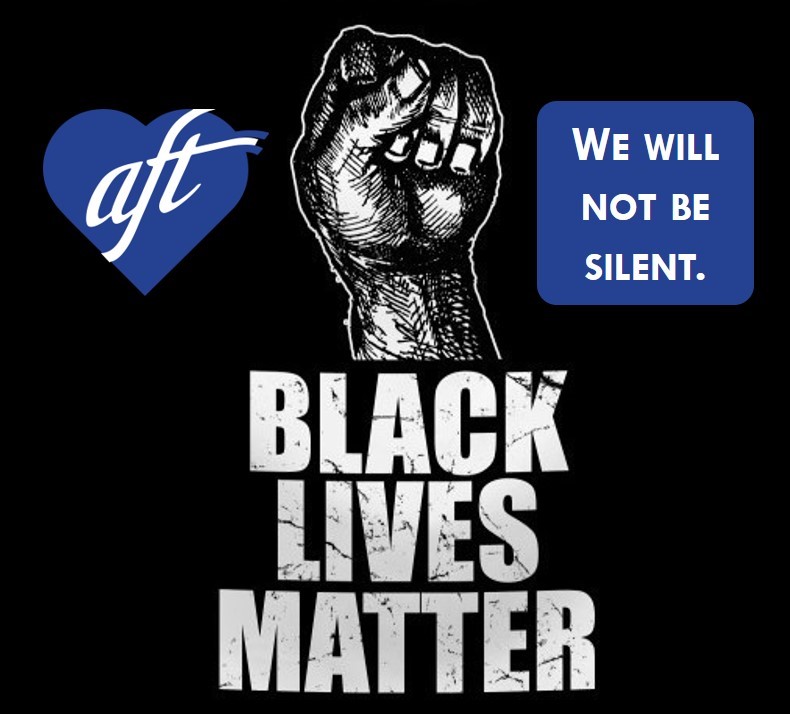Mental Health Awareness Month
Jewish Heritage Month
Women’s Health Care Month
● According to the National Alliance on Mental Health (NAMI), negative attitudes and beliefs towards people who live with mental health conditions is pervasive within the U.S. and can be particularly strong within the Black community. Although beliefs and attitudes vary, research shows that many Black adults – especially older adults – view mental health conditions as a consequence of personal weakness. As a result, people may experience shame about having a mental illness and worry that they may be discriminated against due to their condition. One way to mitigate the stigma is to take action and be “StigmaFree.” Click here to pledge to be Stigma Free.
● The Mental Health Coalition Organization informs that “…much of the psychological pain that exists within Black communities is due to systemic inequities.” This organization offers many opportunities to get involved and take action to remedy mental health struggles in the Black community.
● Learn about the history of Black Jewish people by reading Dr. Durrenda Ojanuga’s article “The Ethiopian Jewish Experience as Blacks in Israel” published in The Journal of Black Studies.
● Dr. Uri Dorchin, in his article “The History, Politics and Social Construction of ‘Blackness’ in Israel” further informs about the experiences of Black people living in Israel. In one example, he refers to the April 2015 video footage of Israeli policemen brutalizing Damas Pakada, a Jewish Ethiopian soldier. Dr. Dorchin writes, “Yet, the incident revealed that despite [Pakada’s] assimilation, Ethiopian Israelis still suffered from police brutality and discrimination, even when they are in uniform. Thus, in their protests, Israeli Ethiopians accused the police, and the Israeli establishment more broadly, of racism against their community due to their skin color.” Vice News did a one hour long segment informing about this incident and many other cases of police brutality against Israeli Ethiopians in this segment titled How Police Killings Forced Israel to Confront Anti-Blackness.
● The Silent Spring Institute reports that “Studies show women of color face higher exposures to toxic chemicals relative to White women, regardless of socioeconomic status. Black women and children also have increased rates of hormone-mediated health conditions. For example, in the United States, Black women have higher rates of diabetes, experience earlier menarche, more prevalent fibroids, and more aggressive forms of breast and endometrial cancers.” Their website offers many ways to support their work in research and advocacy.
● In the Listening to Black Californians study, one group that stood out was Black women with Medi-Cal coverage, who are more likely to report negative experiences and discrimination in the health care system than Black Californians overall. You can learn more about Dr. Linda Cummings’ 2023 findings by visiting this website.
“Our lives begin to end the day we become silent about things that matter.” – Dr. Martin Luther King, Jr.

